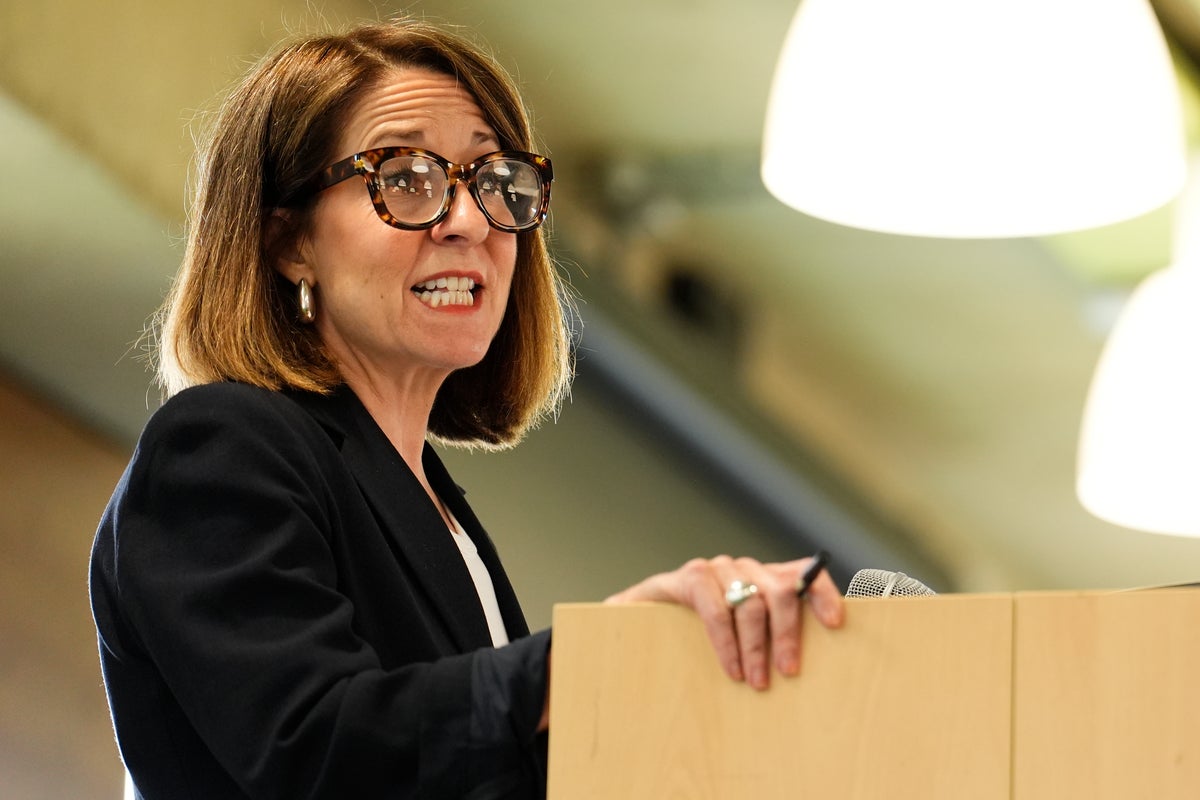Work and pensions secretary Liz Kendall has announced a review of the state pension age, opening the door for it to be increased.
Ms Kendall, speaking in central London on Monday morning as she relaunched the Pensions Commission, warned of a growing threat of pensioner poverty unless there was major reform to the system.
It comes as research by Age UK found that people looking to retire in 2050 are on course to receive £800 per year less than current pensioners.
The government reviews the state pension age every six years, which is currently 66. Earlier this year, Denmark became the first country to raise it to 70 for those retiring by 2040 and after.
Ms Kendall also warned that the cost of the triple lock guarantee on the state pension is £31bn a year.
The triple lock, which was introduced by David Cameron’s government in 2010, means that the state pension either rises by 2.5 per cent or the highest rate of inflation whichever is higher to keep up with the cost of living.
Ms Kendall told reporters: “Put simply, unless we act, tomorrow’s pensioners will be poorer than today’s, because people who are saving aren’t saving enough for their retirement
“And crucially, because almost half of the working age population isn’t saving anything for their retirement at all,” the work and pensions secretary said during a speech to launch the move.
The commission is expected to provide recommendations for how to boost retirement income in 2027. It will not look at the triple lock or be part of the state pension age review.
She also announced the next statutory government review into the pension age.
She said she was “under no illusions” about how difficult it would be to map out plans for pensions for the coming decades amid cost-of-living pressures.
She conceded that “many workers are more concerned about putting food on the table and keeping a roof over their heads than saving for a retirement that seems a long, long way away, and many businesses face huge challenges in keeping profitable and flexible in an increasingly uncertain world”.
The announcement came after Ms Kendall failed to get parliamentary support for a cut in the welfare bill of £5bn a year, mostly from disability payments, following a major rebellion by Labour backbenchers.
She is also already embroiled in a row over Labour U-turning on a pledge to compensate the so-called WASPI women, born between April 1950 and April 1960, who lost out on their retirement plans after a late change in 2015 took them from 60 to 65.

